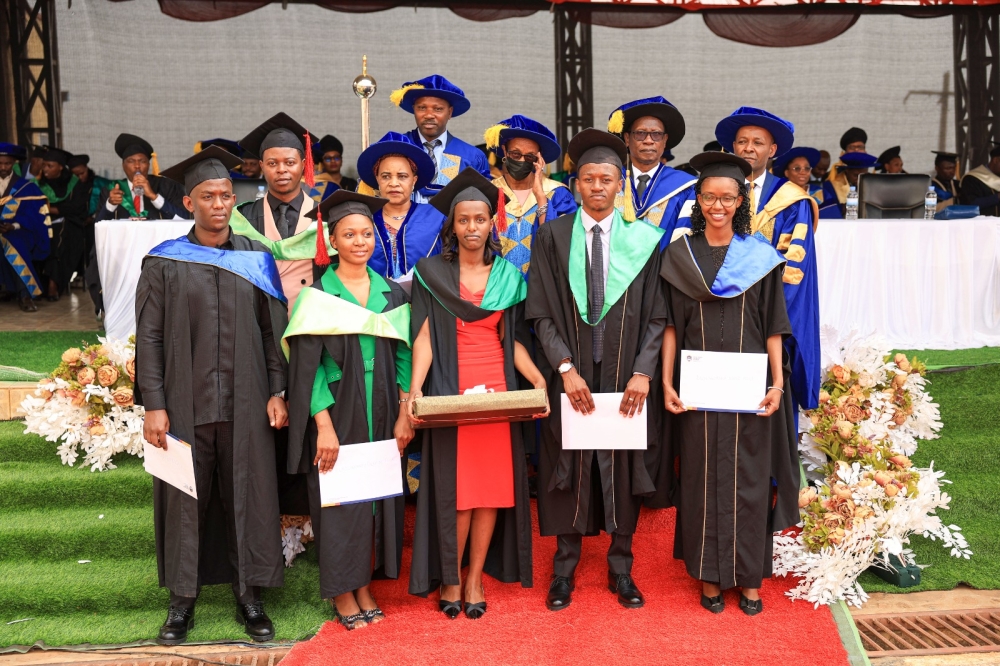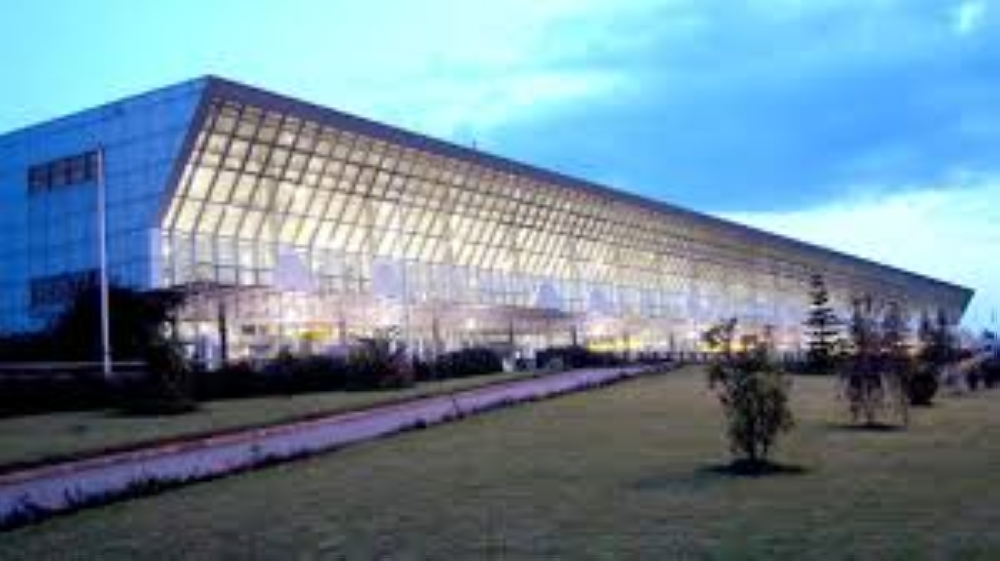A tour of Rwanda’s capital Kigali and other major towns across the country, shows a whirlwind expansion the construction industry is experiencing. In the recent past, skyrise structures have formed part of the city’s sky-hugging as a result of this boom.


A tour of Rwanda’s capital Kigali and other major towns across the country, shows a whirlwind expansion the construction industry is experiencing. In the recent past, skyrise structures have formed part of the city’s sky-hugging as a result of this boom.
The growth of the construction sector can be attributed to increased commercial activities and the need for decent and adequate housing for the general population, mainly in urban centres. However, this has not been without challenges.One of the main challenges the industry faces is the lack of adequate construction materials made locally, which is increasing the cost of construction and impacting negatively on the sector’s growth.Nathan Acholla, a consultant with Construction Consultancy Company-Rwanda, notes that the high cost of building materials has heavily impacted negatively on the sector as developers have to dig deep into their pockets to meet the costs. "Most companies that produce building materials locally cannot meet the sector’s growing demand. This forces firms to rely on imports. "And, in most cases, even if the materials are locally-available, the cost is almost double when compared with other countries in the region,” says Acholla.He states that the supply of cement, a major component in construction, is always low. "CEMERWA, the local cement manufacturer is unable to meet the country’s growing demand for cement, forcing contractors to seek alternative sources. This automatically translates into an increase in prices. "According to the latest figures, the price of cement in Rwanda stands at $420 (about Rwf282,240) per tonne, which doubles what it costs in other countries in the region,” he points out.According to Simon Karimba, a practicing architect with Lake Consortium, a construction and development consultancy firm in Rwanda, the only solution to the low supply of construction materials in the country is for the already established manufacturers to expand to meet the market demand. Encouraging other investors to set up more industries is another option, he adds. Karimba, however, says this might not have a great impact on prices."When most of the building materials are produced locally, there might be a slight decrease in their pricing and it will help satisfy demand,” says Karimba, adding that immediate action needs to be taken for the sector to ease the situation. However, the government says there is no cause for alarm.Prof. Silas Lwakabamba, the Minister of State in charge of Infrastructure, says the government is in full control of the situation. According to the minister, industrialisation is key to solving the problem. He assures developers that the government has initiated different programmes and strategies aimed at fast-tracking the process of industrialisation. "Through initiatives like the Industrial Infrastructure Development, the Special Economic Zone and provincial industrial parks, we are set to attain our goal of industrialising the country,” says the Minister, adding that this will enable the country to sustainably generate enough materials to satisfy its domestic demand.




